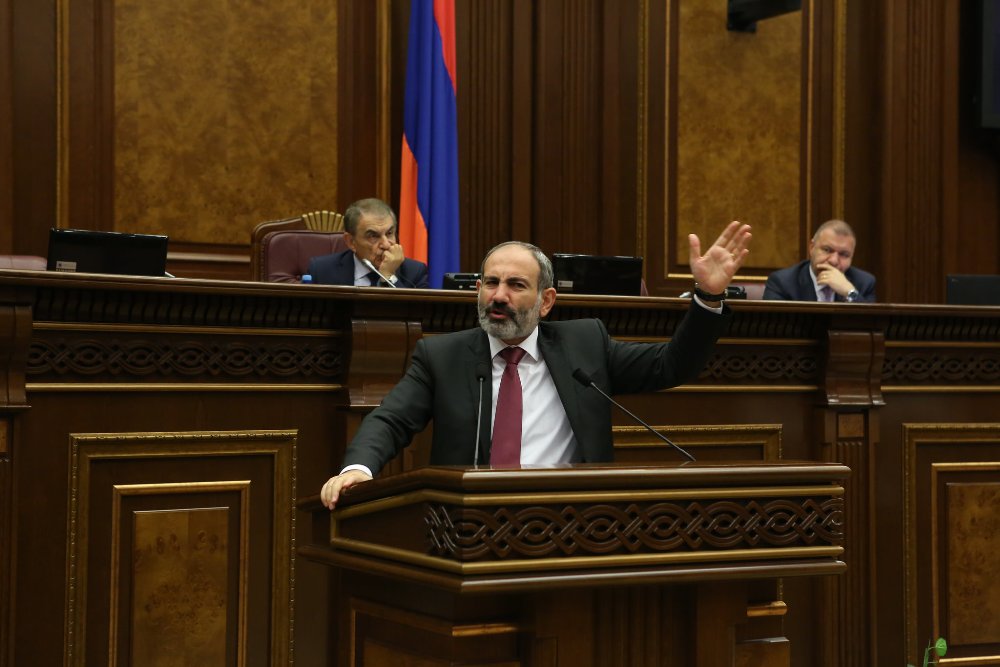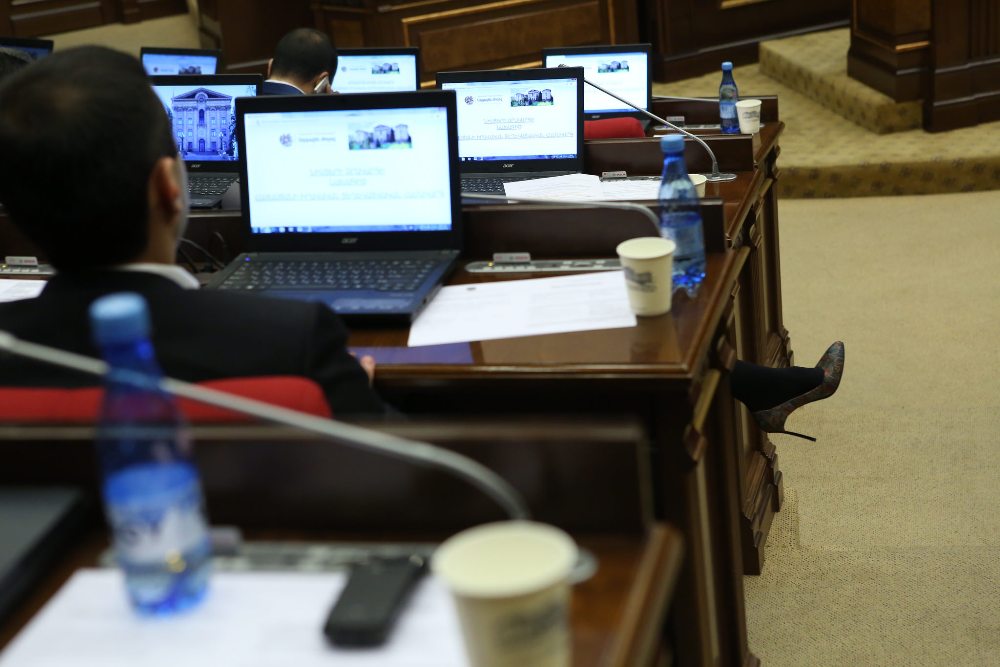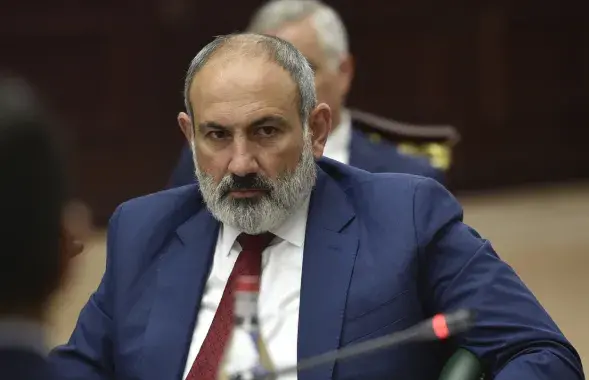Armenian parliament tries not to appoint prime minister
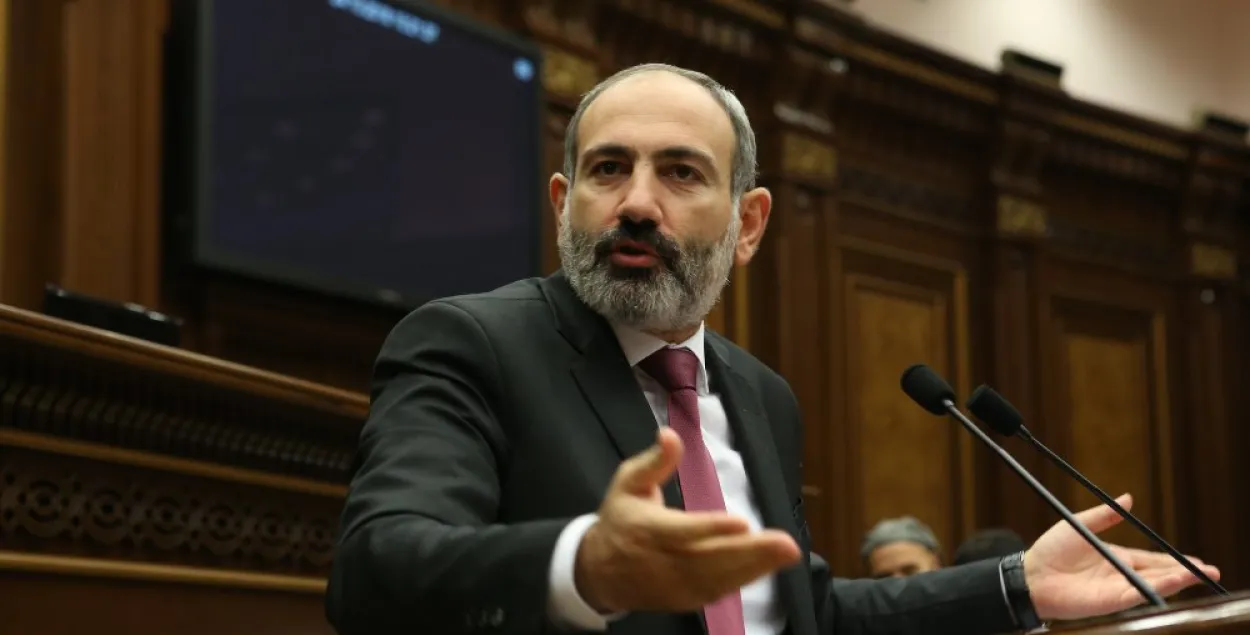
Foto: JAMnews
Diana Petriashvili, Russian Language News Exchange, based on stories by JAMnews and KAVKAZSKI UZEL
In its first vote on the issue, the Armenian parliament has not appointed the single candidate, the acting prime minister Nikol Pashynian to the post of the next prime minister. In fact, no deputy has supported the motion - one member of parliament voted against and eleven have abstained. It means everything goes according to the plan, and Mr Pashynian hopes not be appointed in the second vote either.
Pashynian and his supporters’ aim is to trigger early parliamentary elections. In order to achieve that, the parliament must fail twice to appoint the prime minister. Should the members of parliament not appoint a prime minister before 31 October, the parliament will be dissolved and snap parliamentary elections will take place.
That is exactly what Nikol Pashynian has been trying to achieve since he stepped down as the head of government on 16 October.
“It’s necessary to bring the peaceful popular revolution, which took place in Armenia, to its conclusion,” declared Mr Pashynian explaining his resignation from the PM’s post on 16 October. But the need to re-elect the parliament is obvious not only to him and his supporters but also to his opponents and to Armenian political analysts.
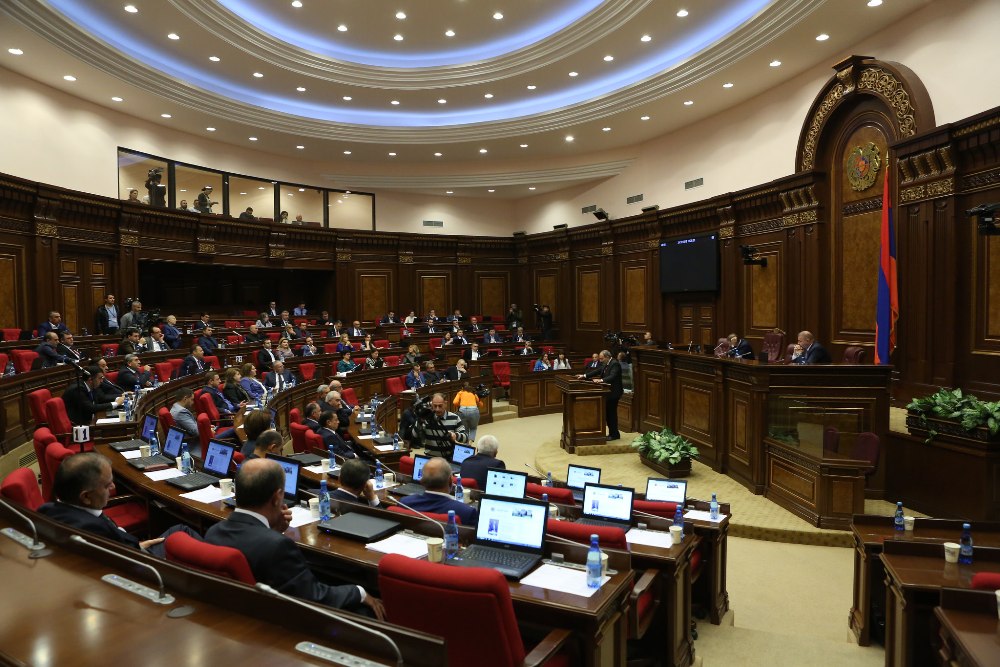
Even before the “velvet revolution” shook Armenia, the country had already transitioned to the parliamentary system of government (as result of the last parliamentary election). Following the “velvet revolution” the power was assumed by a political grouping without a parliamentary majority. Their leader Mr Pashinyan was the head of government, but the parliament could block his decisions.
“The parliament doesn’t reflect the will of the nation,” say Armenian analysts about the “pre-revolutionary” political forces dominating the law-making body. It is precisely for that reason that Armenia found itself recently in another political crisis forcing Mr Pashynian into a tactical retreat.
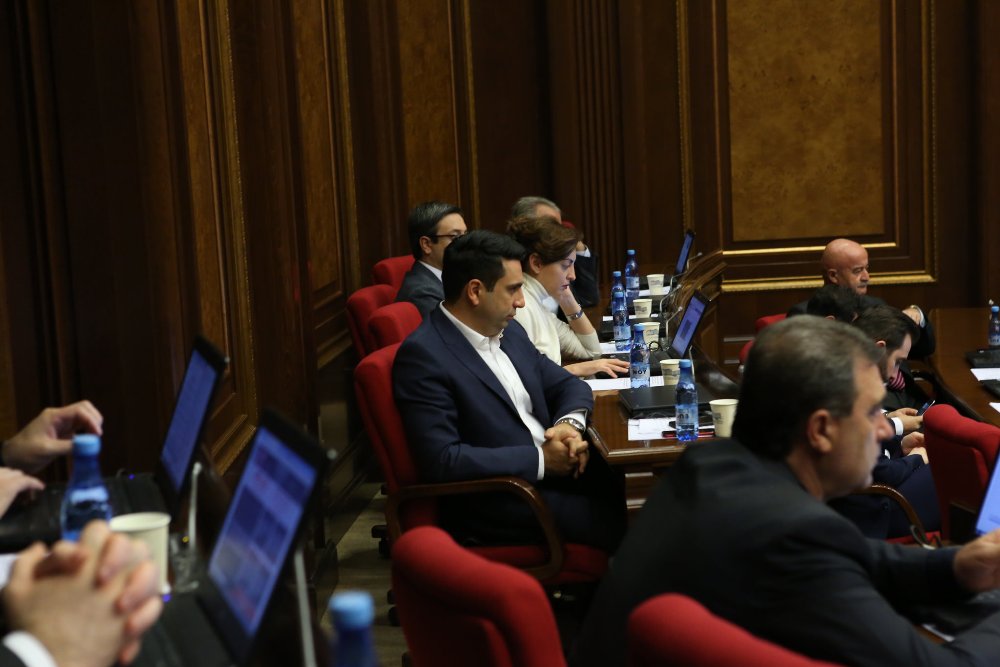
In the beginning of October, the former ruling Republican party initiated and voted through a law making the dissolution of parliament impossible. This was the immediate reason for the crisis. Mr Pashynian then took a tried and tested step, he called people out into the streets and crowds of his supporters have quickly surrounded the parliament building.
During the negotiations that followed, a memorandum of agreement on the December early elections was signed. In that way, the prime minister has secured the necessary votes and effectively removed any obstacles to early elections.
